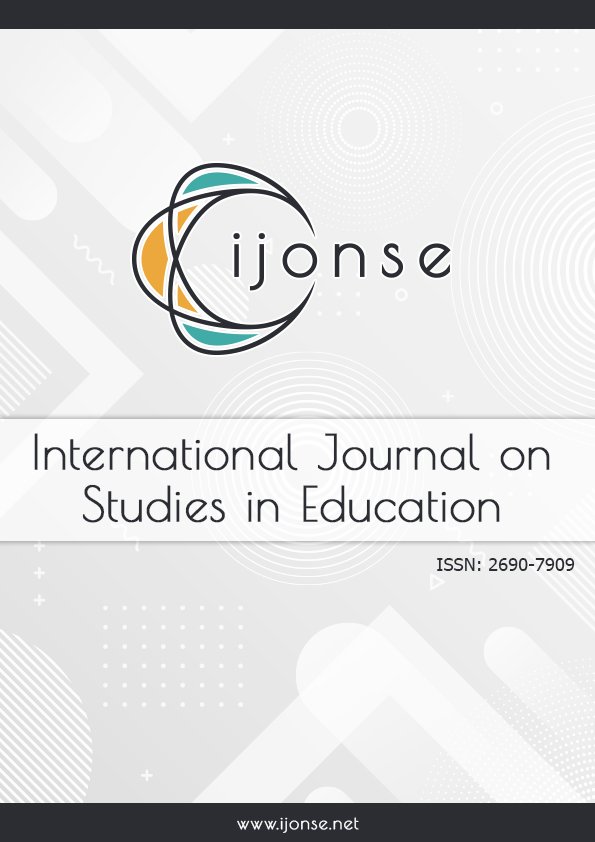Intergenerational Methods to Promote Digital Application Usage among Older Adults: A Scoping Review
DOI:
https://doi.org/10.46328/ijonse.299Keywords:
Intergenerational, Intergenerational method, Digital application, Digital technology, Scoping reviewAbstract
The increase in the aging population highlights the importance of digital literacy for improving the quality of life of older adults. Despite their interest in incorporating digital technology into their daily lives, numerous studies have shown that older adults often struggle with its use due to a lack of learning interest, poor memory retention, and improper instruction. To address these challenges, a scoping review was conducted, drawing from 14 eligible articles sourced from Web of Science and Scopus. The review aimed to identify recent intergenerational methods that effectively facilitate the adoption of digital applications among older adults. The findings were categorized into five intergenerational methods: collaborative, virtual meeting, co-activity, family intergenerational learning, and reverse mentoring. Within these categories, the study identified key elements crucial for the success of technology-based intergenerational programs, including creating clear objectives and goals, developing comprehensive planning and structure, demonstrating effective recruitment, providing training and support, offering facilitation, ensuring flexibility and adaptability in content, and conducting thorough evaluation and feedback. By exploring these elements, this paper provides valuable insights for researchers seeking to develop and understand how technology-based intergenerational programs are conducted.References
Mohd Ali, M.A., Mohamed Ariff, M.I., Ahmad, N.A., Alias, N., Baharum, Z., & Tengku Shahda, T.S. (2025). Intergenerational methods to promote digital application usage among older adults: A scoping review. International Journal on Studies in Education (IJonSE), 7(2), 138-156. https://doi.org/10.46328/ijonse.299
Downloads
Published
Issue
Section
License
Copyright (c) 2025 International Journal on Studies in Education

This work is licensed under a Creative Commons Attribution-NonCommercial-ShareAlike 4.0 International License.
Articles may be used for research, teaching, and private study purposes. Authors alone are responsible for the contents of their articles. The journal owns the copyright of the articles. The publisher shall not be liable for any loss, actions, claims, proceedings, demand, or costs or damages whatsoever or howsoever caused arising directly or indirectly in connection with or arising out of the use of the research material.
The author(s) of a manuscript agree that if the manuscript is accepted for publication in the International Journal on Studies in Education (IJonSE), the published article will be copyrighted using a Creative Commons “Attribution 4.0 International” license. This license allows others to freely copy, distribute, and display the copyrighted work, and derivative works based upon it, under certain specified conditions.
Authors are responsible for obtaining written permission to include any images or artwork for which they do not hold copyright in their articles, or to adapt any such images or artwork for inclusion in their articles. The copyright holder must be made explicitly aware that the image(s) or artwork will be made freely available online as part of the article under a Creative Commons “Attribution 4.0 International” license.

This work is licensed under a Creative Commons Attribution-NonCommercial-ShareAlike 4.0 International License.





